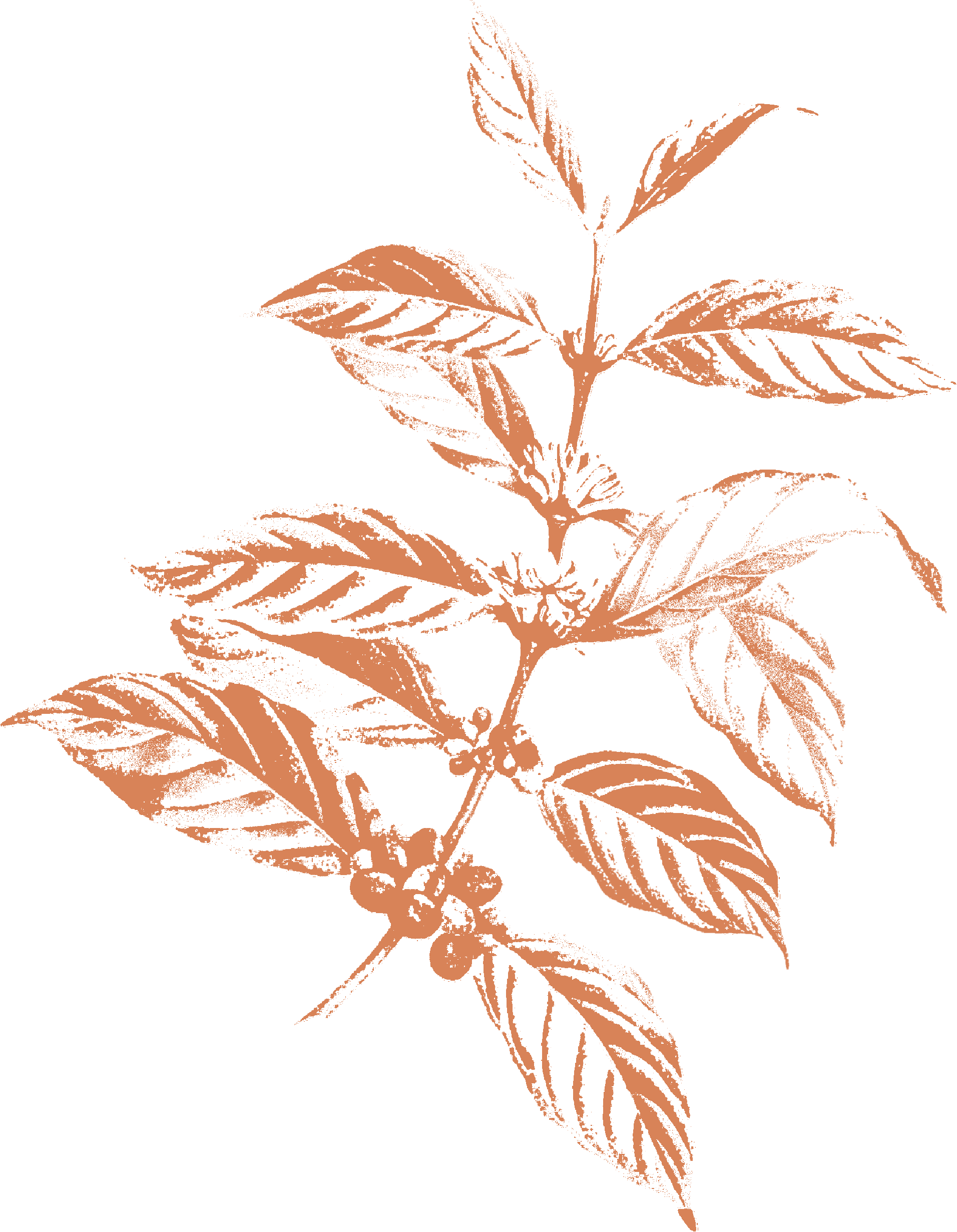In the highlands of Zumba, a small city in the province of Zamora, just a few kilometers from the border with Peru, lies the canton of Los Romerillos. In the early days of this small town, the main source of income for the local people came from the sale of a fine type of wood from a tree called Romerillos. Although the community transitioned to coffee growing a few years ago, they retained the name Los Romerillos as a nod to their past.
Today, Zumba hosts the coffee fair known as Bracamoros Coffee. This name honors the first inhabitants of the town, the Bracamoros, who were related to the indigenous tribes from the Amazon that settled along the Mayo-Chinchipe River in the province of Zamora. The fair features some of the best specialty coffee producers from the region, showcasing both organic and conventional lots. It selects the top 100 producers, promoting the production of specialty coffee both locally and nationally.
